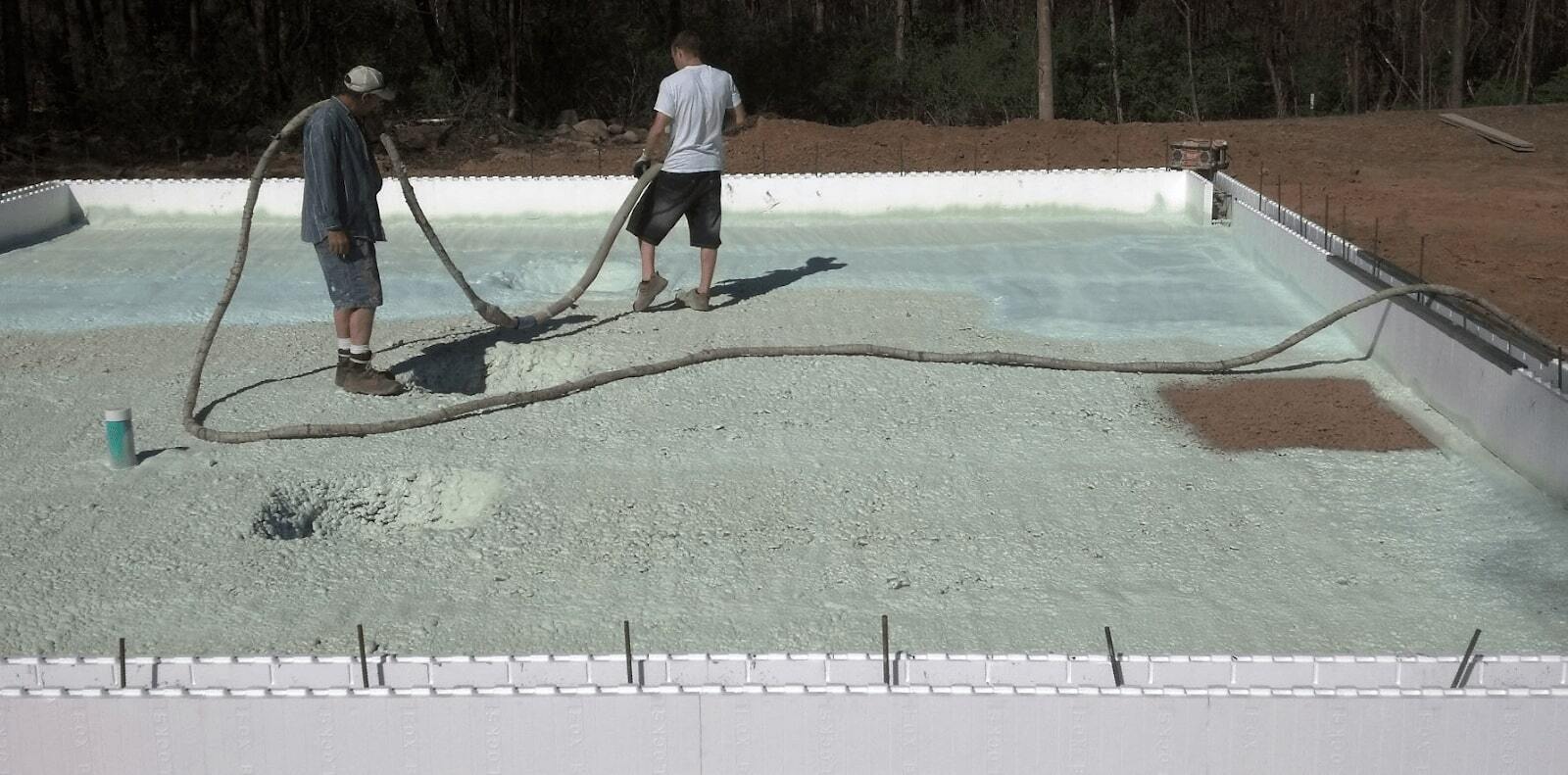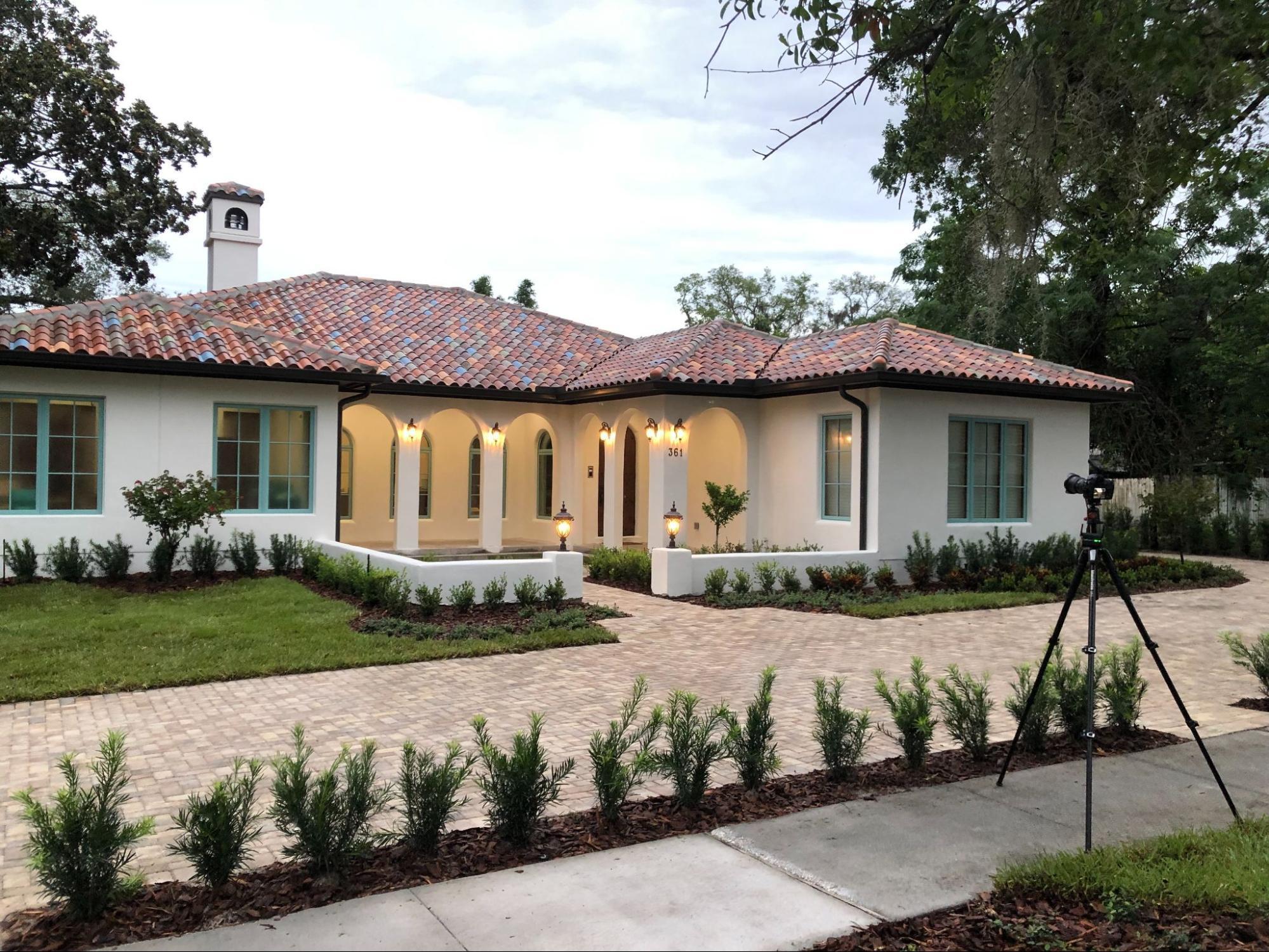
What Climates Does ICF Work Best In?

Foundation Types: 8 Different Types of Home Foundations

Exterior Wall Thickness: How Thick Should Your Walls Be?
The exterior wall thickness of a home significantly impacts the house’s energy efficiency, disaster resistance, and IEQ. Learn how thick exterior walls should be.

Swimming Pool Engineering and a Great Material to Utilize

The Advantages of ICF Construction for Multiplex Housing

16 ICF Modern Farmhouse Floor Plans and Design Ideas

HERS Index vs Energy Star
Energy efficiency in homes is vital for both economic and environmental reasons, which is why builders have robust tools like the HERS Index and Energy Star ratings to gauge and improve the energy performance of buildings.

Embodied Carbon vs Operational Carbon: The ICF Advantage for Operational Carbon Buildings
The environmental impact of buildings is a key concern in modern construction, focusing on reducing carbon emissions. A clear understanding of embodied and operational carbon, along with their differences, is essential for sustainable construction strategies.

Build a Concrete House and Reap the Energy-Saving Rewards of Thermal Mass Home Design

Building Stability: How to Construct Strong and Stable Structures
Creating durable structures that endure time and nature is a crucial aspect of modern construction. Ensuring stability, strength, and sturdiness involves more than material selection — it requires a grasp of construction science.